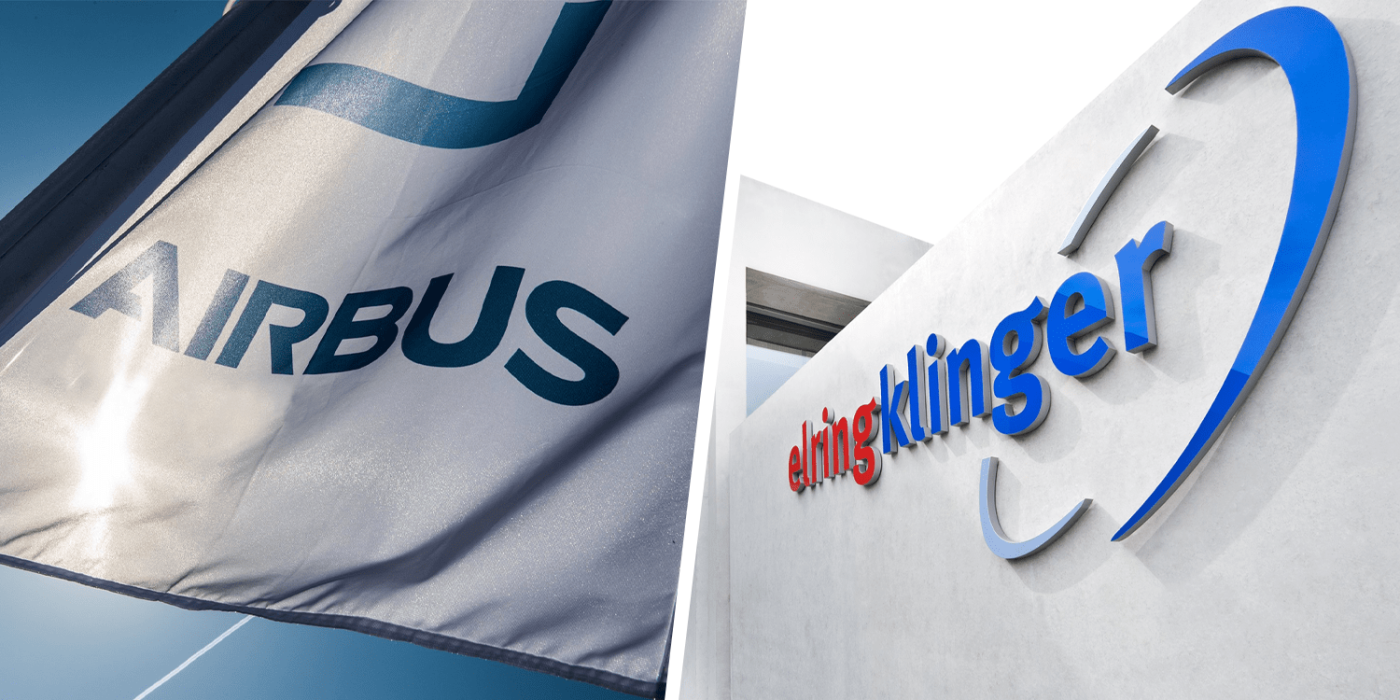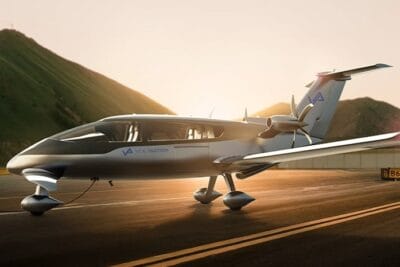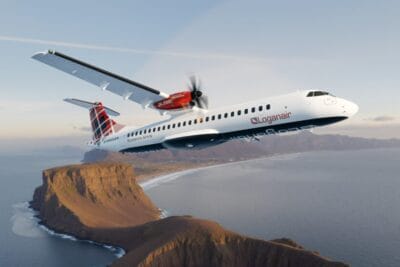Airbus & ElringKlinger launch fuel cell aircraft partnership
ElringKlinger has signed an agreement with Airbus on a long-term partnership within the field of fuel cell technology. To this end, the supplier and the aviation group intend to set up a joint venture.
Following the delivery of stacks and an individually designed test rig in the summer, the agreement now reached includes a new joint venture to be established, which will initially develop and validate aviation-compatible fuel cell stacks over the coming years. ElringKlinger announced this.
The German supplier will hold a minority stake, while Airbus will hold the majority of shares in the new company. ElringKlinger will provide the new company with access to technology and will supply the components required for the development. The company will receive “compensation in the low to mid-double-digit million euro range” for the closing, which is scheduled for the end of 2020, according to the announcement. Details of this are to be provided in the 2020 Annual Report of ElringKlinger AG.
In the run-up to the agreement, Airbus had conducted extensive analysis within the market for fuel cell stacks. As part of this international selection process, ElringKlinger was able to convince their contracting partner “The high power density of its stacks and its extensive expertise concerning industrialization processes, proved key differentiators.”
“The fact that Airbus opted in favour of ElringKlinger as a technology partner points to the performance capabilities of our fuel cell technology,” says CEO Stefan Wolf. “In the aviation industry, in particular, the power density of stacks is of primary importance. At the same time, other high-tech performance criteria such as service life or operational parameters such as operating temperature or operating humidity must be met in an aviation-specific manner.”
According to the company, the core of the high power density of the ElringKlinger stack is the use of metallic bipolar plates as well as specially designed membrane-electrode assembly (MEA) sealing solutions. According to ElringKlinger, the company has been researching fuel cells for around 20 years and has since then acted both as a system and component supplier. CEO Wolf attests to the “great market potential” of this technology within the aviation industry, as a pure battery drive system quickly reaches its limits in certain applications.
Airbus is relying on hydrogen as a key technology to develop zero-emission aircraft for the commercial market by 2035. To this end, Airbus is testing and researching a wide range of configurations and technology variants for the use of hydrogen, including in conjunction with the use of fuel cells to generate electrical energy.
At Airbus there was a change in strategy this year: The ‘E-Fan X’ project, which was launched in 2017 and aimed at a 100-seat regional aircraft with a hybrid-electric drive, was discontinued in May. Instead, the Group presented three concepts for the world’s first emission-free commercial aircraft in September. All of these concepts, codenamed ‘ZEROe’, rely on hydrogen as the main energy source, but each follows a different approach.





0 Comments